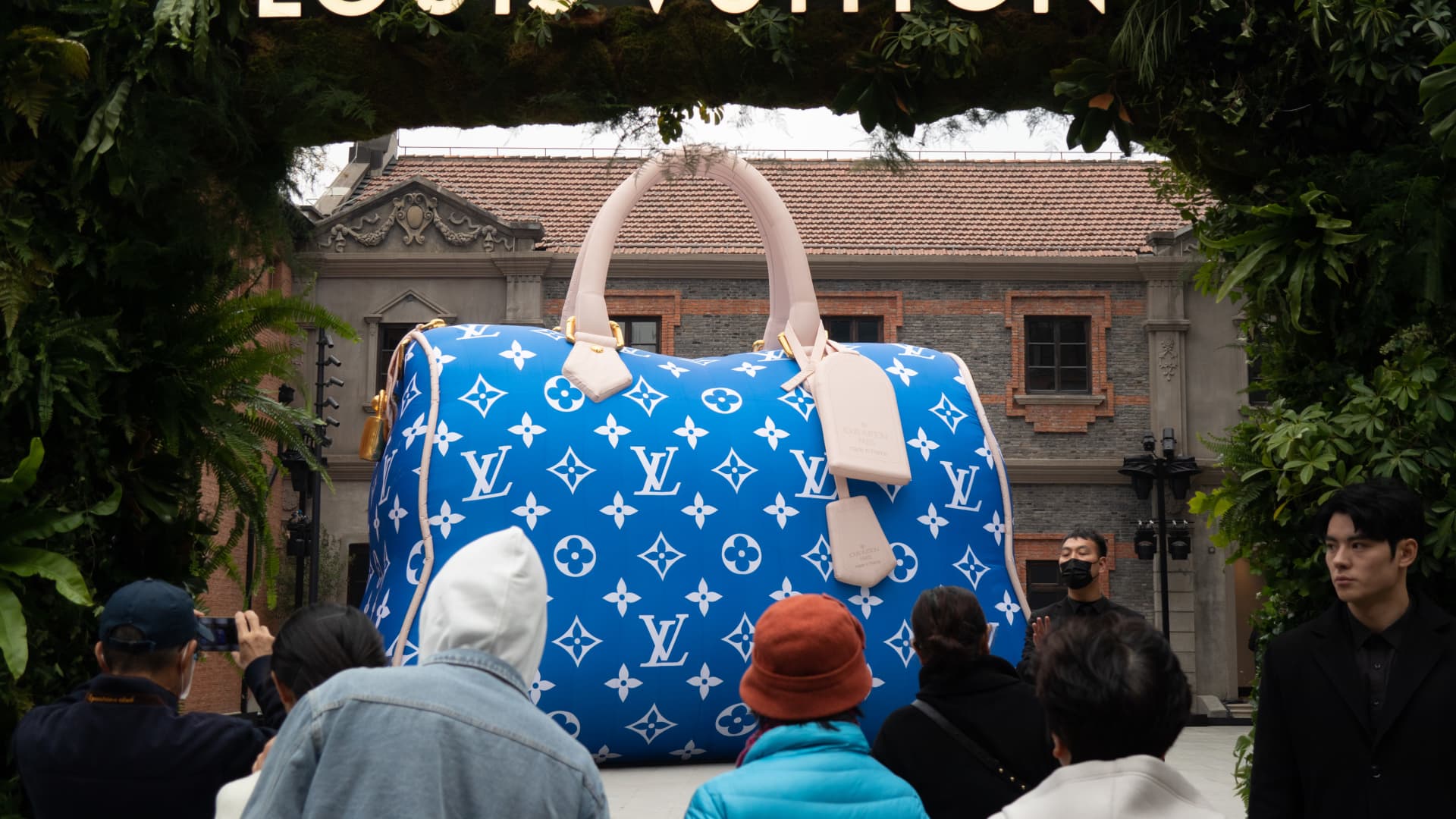- China takes swing at European Union with brandy duties after EV tariff vote
- Boeing delivers 33 jets in September but strike impact looms
- Women's health startup Maven Clinic closes funding at $1.7 billion valuation
- Airlines, theme parks, cruise lines warn travelers about Hurricane Milton disruptions
- Why the U.S. is covered in strip malls
What do you believe is the single most important factor driving up the cost of living in Nigeria?

Why do Asian consumers love luxury shopping?
The Asia-Pacific region is the largest consumer of personal luxury goods in the world. Asian consumers shop at home and overseas in cities like New York, Milan and Paris, contributing to the luxury industry's remarkable growth.
However, many Asian countries are deeply shaped by traditional values and religions, such as Confucianism and Buddhism, both of which advocate modest and even frugal living.
This paradox intrigued Rajeev Batra, professor of marketing at the University of Michigan's Ross School of Business. Batra and colleagues investigated how these seemingly conflicting phenomena coexist. Their research revealed that collectivism in these Asian markets actually enhances luxury consumption.
The research examined seven less-studied Asian markets including Hong Kong, South Korea, Japan, Singapore, Indonesia, Malaysia and Thailand. Using data from more than 3,000 consumers aged 18-64, the study explored how collectivism, religion-tradition, thriftiness and status/materialist consumption values jointly shape consumption preferences in these markets.
The findings, published in the Journal of International Business Studies, indicate that collectivism plays a key role among the four values. Collectivistic societies, such as those in the seven Asian markets, often place greater importance on religious-traditional values, the researchers say. An increase in religious-traditional values leads to a rise in thriftiness, which subsequently decreases status consumption or luxury consumption.

- October 8, 2024
Boeing delivers 33 jets in September but strike impact looms




- October 8, 2024
Taiwan's Foxconn says building world's largest 'superchip' plant

- October 8, 2024
Brent MFB, Rainydaycoop collaborate on property acquisition

- October 8, 2024
SEC vows to tackle crypto fraud

- October 8, 2024
IBTC Pension talent hunt winners to get N50m prizes
Subscribe to our mailing list to get the new updates!

Subscribe our newsletter to stay updated
Thank you for subscribing!






